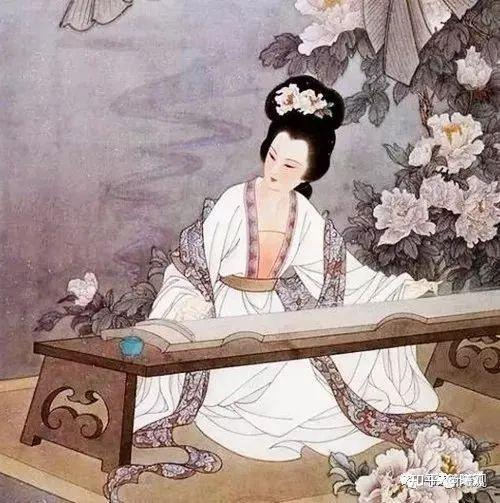Cold incense burner
- Poetry of Li Qingzhao

Cold incense burner,messy sheet,
i have no mood to dress up after you left.
Let ashes sleep on the cosmetics case,
sun rise above the beady curtains.
Fear that i'll think of you,
don't know how to say the sorrow.
These days,i become languish,not because of hangover or autumn
Let it go,let it go,
nothing will change no matter how many times
i break my heart.
In this lonely boudoir,only rain will hear my whispers.
Without the sunset,
just shoot my sight into the river we played,
reeds still grow,gulls still sing,where are you?my husband.
Li Qingzhao:李清照(AD1084-1155),she's the greatest female lyricist and poet in Ancient China.Her poems are very touching and dreamy,she is the Chinese Sappho. This is a lyric depicting the poetess longing for her husband who was far away from home.
香冷金猊,被翻红浪,起来慵自梳头。
任宝奁尘满,日上帘钩。
生怕离怀别苦,多少事、欲说还休。
新来瘦,非干病酒,不是悲秋。
休休,这回去也,千万遍《阳关》,也则难留。
念武陵人远,烟锁秦楼。
惟有楼前流水,应念我、终日凝眸。
凝眸处,从今又添,一段新愁。
- Why Chinese poems is so special?
- The most distinctive features of Chinese poetry are: concision- many poems are only four lines, and few are much longer than eight; ambiguity- number, tense and parts of speech are often undetermined, creating particularly rich interpretative possibilities; and structure- most poems follow quite strict formal patterns which have beauty in themselves as well as highlighting meaningful contrasts.
- How to read a Chinese poem?
- Like an English poem, but more so. Everything is there for a reason, so try to find that reason. Think about all the possible connotations, and be aware of the different possibilities of number and tense. Look for contrasts: within lines, between the lines of each couplet and between successive couplets. Above all, don't worry about what the poet meant- find your meaning.
- The Ferry at Yiyang
- The Village Tavern
- Quatrain of Four Words: Deep Love, True Heart
- Mountain's End
- Seven Poems on Kaiyuan Era: Dancing Horses
- Midnight Song of the Four Seasons: Summer
- In Reply to Pimei’s Poem Written During Illness
- Ten Odes on Tea Utensils: Tea Vale White Lotus
- Spring Thoughts II
- The Arcane Celadon of Yue Kiln